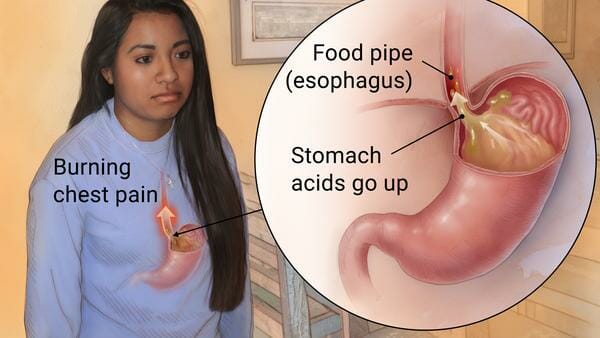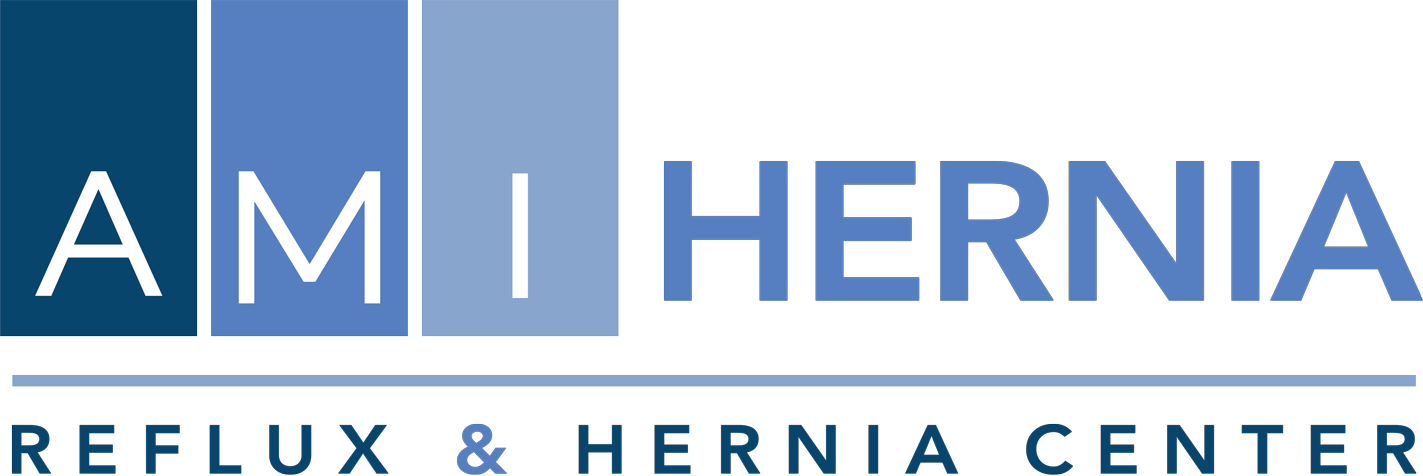WHAT IS REFLUX AND HOW IS IT CAUSED?
Reflux (also called Gastroesophageal Reflux Disease or GERD) is caused by a weak muscle in your esophagus called the Lower Esophageal Sphincter (LES) that allows acid and bile to flow back from the stomach into the esophagus, causing damage to the lining of the esophagus, throat and lungs.

WHAT ARE THE SYMPTOMS?
Heartburn is the most common symptom of GERD but not the only one.
- Dental erosion and bad breath
- Change in voice
- Cough
- Hoarseness
- Sore throat
- Asthma
- Shortness of breath
- Heartburn
- Dysphagia (difficulty swallowing)
- Chest pain
- Regurgitation
HOW DO I TREAT REFLUX (GERD)?
Before you start your treatment, you should contact us to schedule a FREE of charge Consultation, one of our doctors will analyze your case and will be able to teach you more about the treatment.LINX is easy to understand and love because it is simple. LINX is a small, flexible ring of magnets that opens to allow food and liquid down, then closes to prevent stomach contents from moving up. Simple as that.
STOP REFLUX AT ITS SOURCE
What Is the Role of Hiatal Hernia in GERD?
According to WebMD Some doctors believe a hiatal hernia may weaken the LES and increase the risk for gastroesophageal reflux. Hiatal hernia occurs when the upper part of the stomach moves up into the chest through a small opening in the diaphragm (diaphragmatic hiatus). The diaphragm is the muscle separating the abdomen from the chest.
Recent studies show that the opening in the diaphragm helps support the lower end of the esophagus. Many people with a hiatal hernia will not have problems with heartburn or reflux. But having a hiatal hernia may allow stomach contents to reflux more easily into the esophagus.
IT CAN GO BAD TO WORSE
Knowing what reflux could become is enough to put a knot in your already upset stomach. Reflux can lead to potentially serious complications, including Barrett’s esophagus (pre-cancer) and esophageal cancer.

